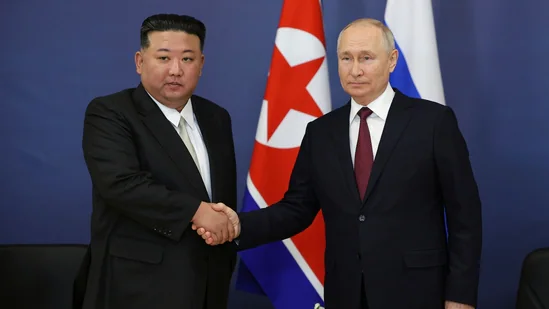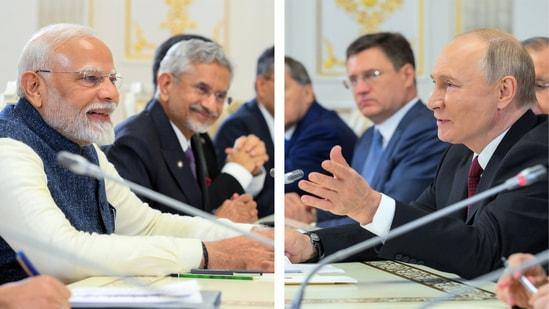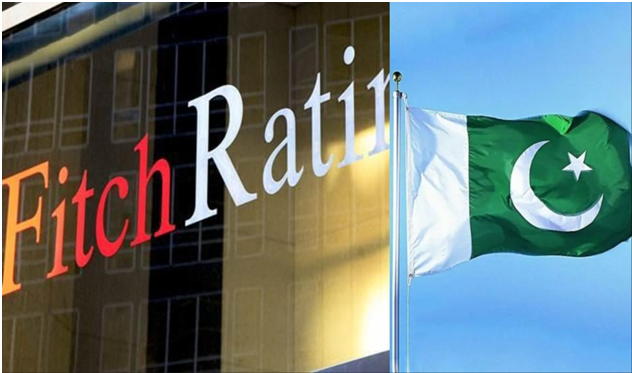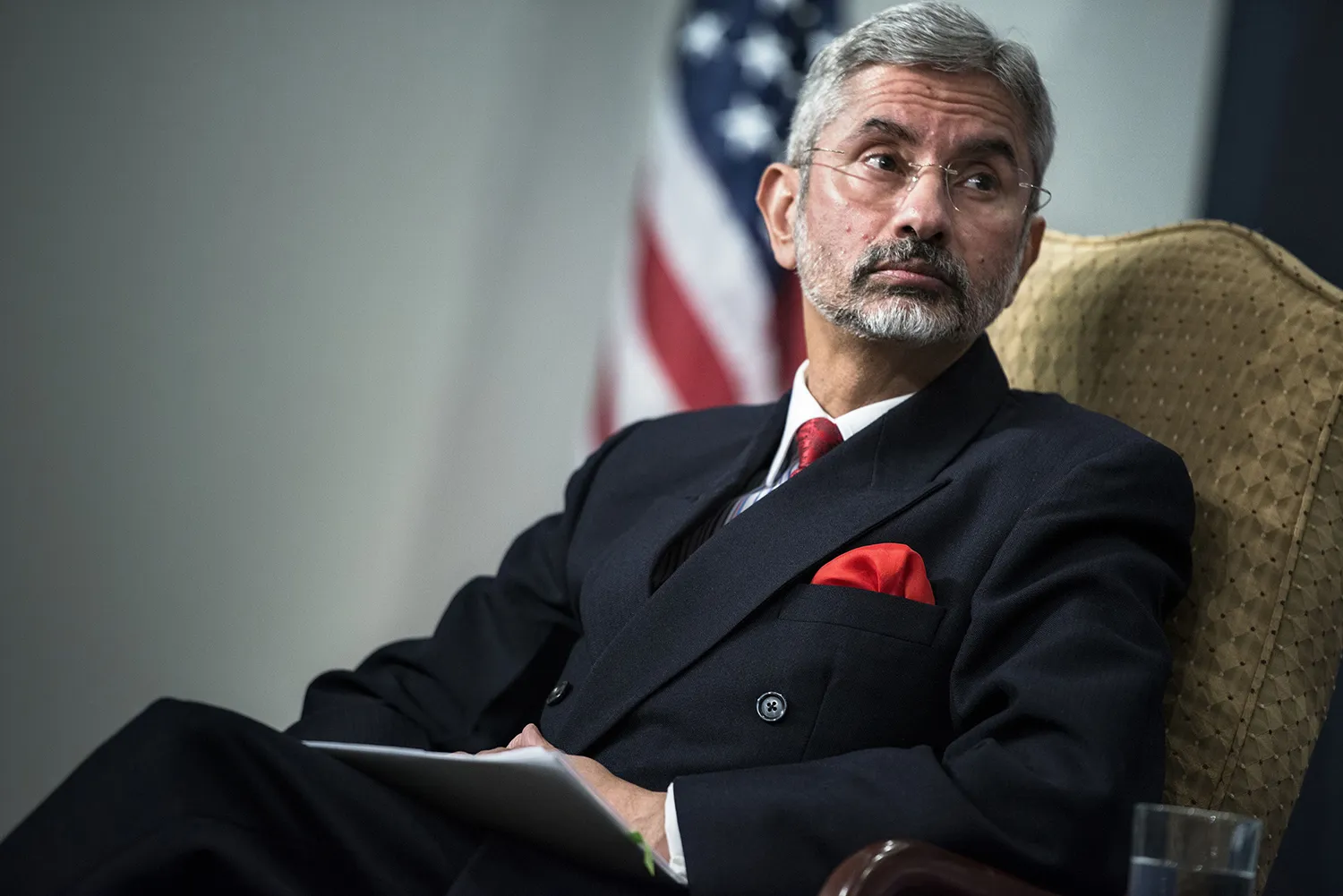India has firmly rejected a European Union proposal to impose higher taxes on its carbon-intensive industries. The EU had suggested that it could offset these taxes when Indian products enter its markets, but Indian officials have criticized the plan as impractical and unfair.
Gerassimos Thomas, Director General for Taxation and Customs Union at the European Commission, led an EU delegation that defended the proposed Carbon Border Adjustment Mechanism (CBAM) during meetings with Indian officials. However, India’s Economic Affairs Secretary Ajay Seth expressed strong objections, telling Reuters that the EU’s proposal does not suit a developing economy like India.
Seth emphasized that the proposed CBAM would unfairly increase domestic market costs and hinder India’s economic growth. “Their solution doesn’t work for a developing economy like India,” Seth said. He argued that implementing such measures would be unfeasible given India’s lower income levels compared to Europe.
The EU’s plan, approved last year, aims to impose tariffs on high-carbon goods such as steel, aluminum, and cement. The goal is to help the EU achieve net-zero greenhouse gas emissions by 2050. However, the EU’s proposal has faced resistance from several countries, including China, South Africa, and India.
The EU delegation had suggested that India could introduce its own carbon tax to fund green advancements and maintain its market share in the EU. But Seth countered that the cost of greening the steel industry would be prohibitively high for India, stating, “With income levels one-twentieth of Europe’s, we can’t afford higher prices.”
If no domestic carbon tax is implemented by India, the EU plans to collect the carbon tax on imports starting January 1, 2026. Tariffs could range between 20% and 35%, potentially straining trade relations and complicating ongoing discussions on a free trade agreement (FTA) between the two regions.
Ajay Srivastava, founder of the Global Trade Research Initiative in New Delhi, warned that this dispute could impact bilateral trade and FTA negotiations. “India must prepare for high CBAM taxes on its exports to the EU while EU products might enter India duty-free,” he said.
The EU is India’s second-largest export market, with nearly $100 billion in exports recorded in 2023. India has been expanding its renewable energy capacity and aims to achieve net zero emissions by 2070, despite challenges such as the availability of renewable energy during nighttime.
Seth reiterated India’s commitment to the Paris Agreement, which allows developing nations more flexibility in emission reduction targets compared to developed countries. “We have about 170 to 180 gigawatts of renewable energy, but it’s not always available,” he added, highlighting the difficulties in producing greener exports specifically for the EU market.
Top of Form
Bottom of Form











